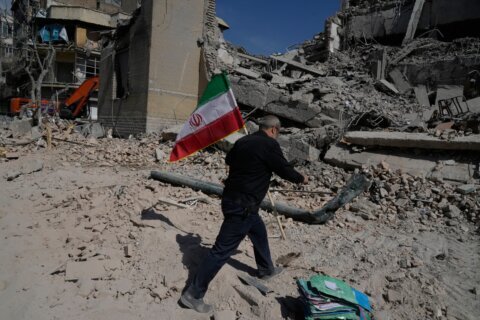WASHINGTON – When the crowds on the National Mall toast the Fourth of July, they will do so with non-alcoholic beverages.
For more than a decade, police have been enforcing an Independence Day ban on alcohol on the mall. No beer, no wine, no nothing.
The result has been a sharp drop in emergency room admissions at the closest hospital to the festivities.
“The Fourth of July used to be a very busy day in the emergency department,” said Dr. Robert Shesser, chair of the Department of Emergency Medicine at the George Washington University Hospital and the GW School of Medicine and Health Sciences.
He says since police began to enforce the alcohol ban, Independence Day has become, in essence, just another day in his ER. He says the event on the Mall is tamer, which is not necessarily a bad thing.
“Crowds come and enjoy a very safe and usually very pleasant event, with a minimal amount of injury or accidents,” Shesser said.
His ER also sees very few patients who were hurt by home fireworks, mostly just a few minor burns.
That appears to be in line with a trend across the city. Shesser says D.C. has been keeping a registry of fireworks-related injuries for the last several years and he said the number is too small to note.
That is not the case nationwide. The U.S. Consumer Product Safety Commission says six people died and an estimated 8,700 were injured in 2012 while handling legal and illegal fireworks.
At GW, Shesser says the typical patient on the Fourth of July is someone who has a sports- or recreational-related injury







